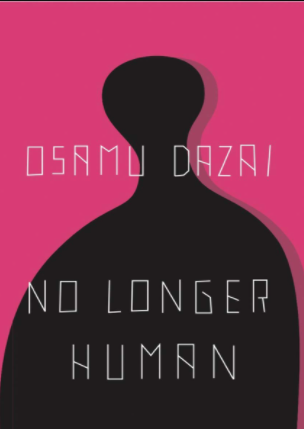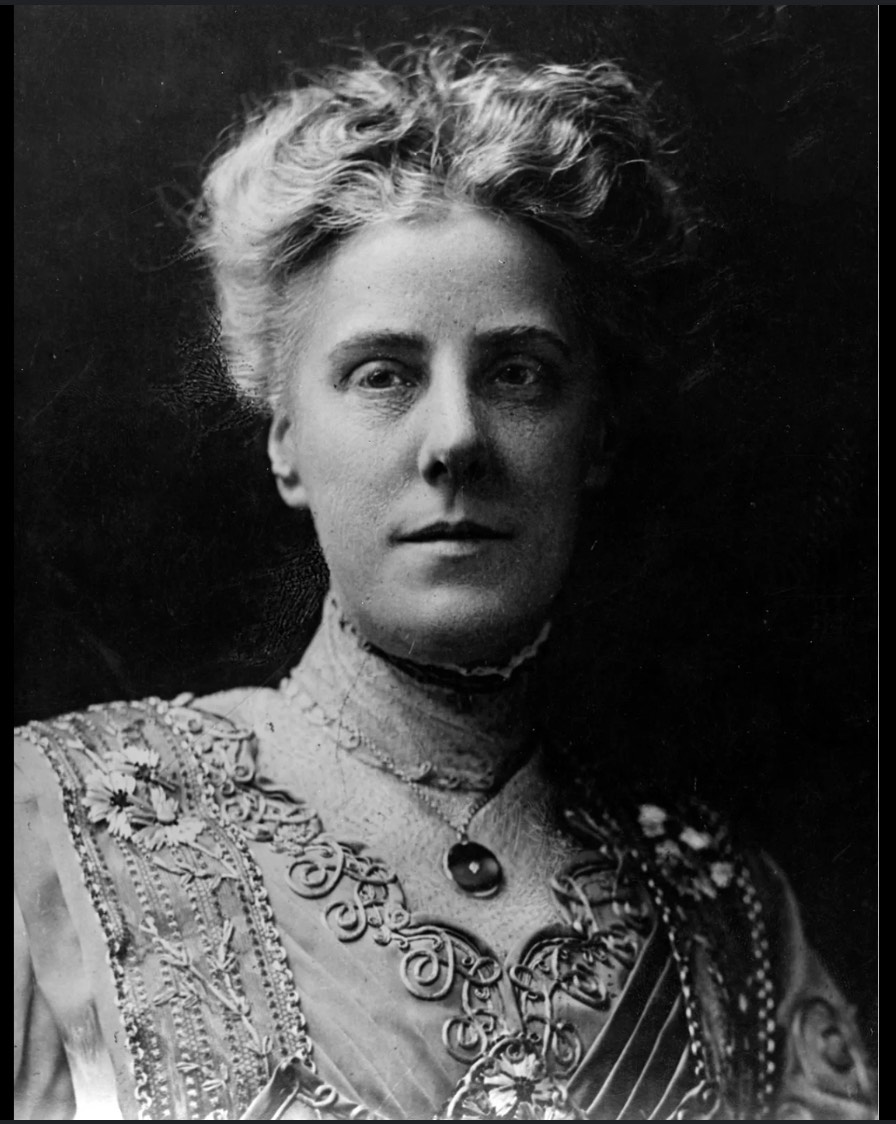Positively Too Popular
January 14, 2022

With social media bringing many, typically underrated, things to light (i.e. books, games, shows, etc.), many of these topical pieces can be overshared, resulting in the butchering of these topics.
Although publicity is great, and many of the creators receive their due credit, the over-hype can lead to hatred amongst other parties and the lack of understanding from the actual party themselves. When a person hops on a bandwagon, completely unaware of the actual concept going on, they rid themselves of the thinking that goes in towards the piece.
For example, the classical book No Longer Human by Osamu Dazai has recently been a target of over-popularization. Many people have taken the book out of context, and have only read the book due to the author’s name being used in the anime Bungo Stray Dogs. While not inherently wrong, as receiving inspiration from anything is positive the majority of the time, the fact that the book had only gained popularity due to an anime, and was compared to the anime, is an issue. The person who created this (in this case, that person being Osamu Dazai) has their work completely misshapen from the way they interpreted it, draining away its meaning and making it into something that it’s not supposed to be.
To further this point, Osamu Dazai is not a person whom someone should glamorize. By reading the book genuinely and soaking in its actual message, a person would see how mentally ill Dazai was. Although he isn’t the main character in the book, the book is a semi-autobiography, meaning that it is still heavily influenced by his own personal experiences. The book targets depression, suicide, the feeling of alienation, substance abuse, and many other messages. By becoming too popular, its meaning gets drowned out by a non-living anime character who is consistently glamorized by most of Bungo Stray Dog’s audience.
This could be applied to nearly anything as with K-pop. Although the members of any group work incredibly hard, their fanbase entirely taints the reputation of K-pop. Instead of sexuliazing a minor’s body, people should strive to learn just how to enjoy the music. With K-pop nearly taking over the globe, there is much conflict that has arisen. Instead of taking in the melodies, harmonies, and powerful lyrics (at least, the majority of the time), people sexualize the stars’ bodies, assume false narratives on Korean culture, and romanticize the idol life. In reality, most celebrities, whether a K-pop star or not, face awful mental illnesses and eating disorders. When things become too popular, and we over-exaggerate cultures and stray from reality, we take away potential and continue to further condone detrimental antics. Now, some people stray away from listening to K-pop, disgusted by its fanbase.

It’s always a positive to receive inspiration, yes. To find a passion and thrive within it is true living; however, we shouldn’t allow ourselves to be blind to what is really there. To do your research, to get the actual facts, that’s what is truly important, and could help you and others down the line.
Overall, when things get too popular, we destroy the work’s true potential and turn the original piece into an ersatz piece of art, completely replaced by what it most likely shouldn’t have been.





















